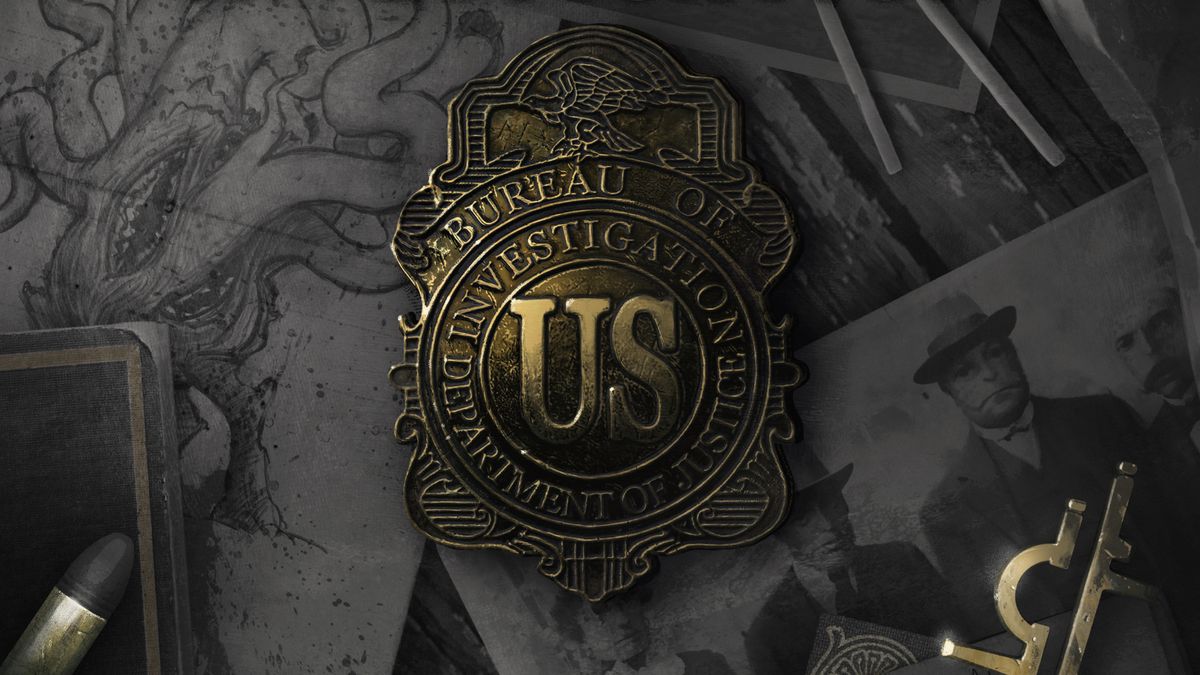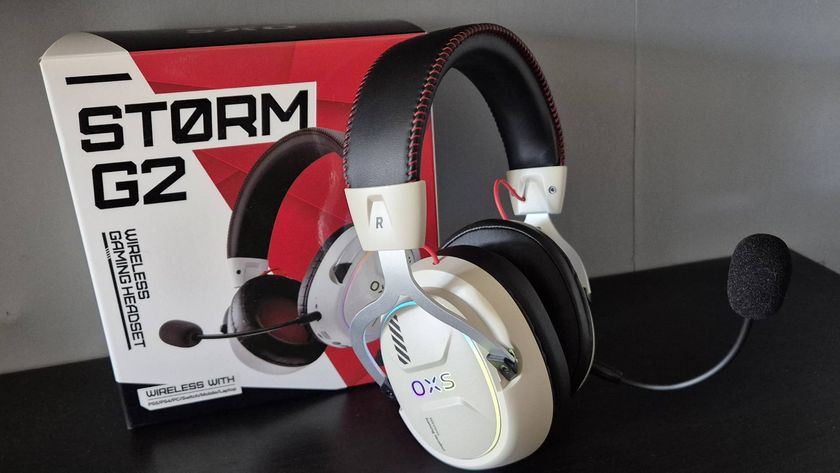12DOVE Verdict
Bureau of Investigation offers enough co-op fun to warrant a look, but there are cracks beneath the surface.
Pros
- +
Needs genuine cooperation
- +
Immersive props
- +
Unique gameplay twists
Cons
- -
Occasionally illogical
- -
Some puzzles break immersion
Why you can trust 12DOVE
Bureau of Investigation: Investigations in Arkham & Elsewhere has strange roots. Back in 1982, a new game concept hit the shelves. Called Sherlock Holmes: Consulting Detective, it offered players a variety of maps, newspaper cuttings, and other clues that were used to solve mystery scenarios. It proved so popular that it became a beloved board game for 2 players, and has seen multiple reprints and expansions since.
What’s perhaps more surprising is that few other games attempted to follow this novel idea. Bureau of Investigation has finally picked up the baton by giving the concept a neat twist. As you may have guessed from the title, in this board game you’re not Sherlock Holmes; you’re the FBI, delving into the mysteries of H.P. Lovecraft’s Cthulhu mythos.
What is it, and how does it work?

- Game type: Co-op mystery
- Players: 1 - 8
- Difficulty: Moderate
- Lasts: 90 mins
- Ages: 14+
- Price: $40 / £38
- Play if you enjoy: Consulting Detective, Arkham Horror, Cthulhu mythos, escape rooms
Inside the box, there are five case booklets which begin by describing the mystery you are being asked to solve. There is also a relevant newspaper clipping for each, a double-sided map, and a gazetteer in which you can look up names and businesses. Both the numbers on the map and the names in the gazetteer correspond to codes that you can look up in the scenario booklet, a bit like an adventure book.
The difference is that while an adventure gamebook will instruct you where you can go from a given paragraph, Bureau of Investigation is open-ended and relies on you joining the dots. This is hard to explain without spoilers, but let’s try. In the first scenario, there are three dead bodies but only one gives you a code to go to the site where it was found. For the other two, you’ve got to scan the text for clues and work out for yourself, using the accompanying documents, what the relevant locations are.
You can try playing again for additional clues
Once you’ve got a site, you have the choice of either interviewing the people there or staking it out for observation. Each action has a separate entry in the scenario book and can yield different information. But you need to make the choice sparingly because you only have a limited number of actions you can take before you run out of time and the scenario ends (though sometimes, the results of one action can extend the number of actions you have overall).
When you run out of time, you have to choose three locations to send officers to try and resolve the mystery. At the back of the book, there’s a page to tell you whether the chosen locations are correct or not, and it awards you a points value for each. Score four or more to win, seven or more for a commendation. There’s also a full explanation of the mystery if you want, mainly because it’s quite possible to avert the danger and get a good score without fully grasping what’s going on. If so, and you don’t read the explanation, you can try playing again for additional clues to work it out yourself.
Is it any good?
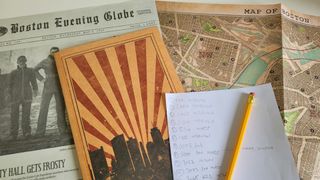
Bureau of Investigation can be played solo or as an addition to your collection of cooperative board games, with the latter meaning players take turns deciding on what actions to undertake. It works fine both ways, but the latter highlights what an odd bird this is. Unlike almost every other cooperative game you’ve played, there are no 'right' answers. Rather, there is genuine cooperation as players discuss the clues they have and try to reach a conclusion over which is likely to be most productive. This makes it stand out in the sea of identikit puzzle or narrative-based co-op titles.
For some, that’s reason enough to walk away from this. If you stick with it, though, you’ll uncover quite a novel experience. The first two cases are relatively easy to crack so long as you’re paying attention. After that, things become more difficult. Although this never reaches the mind-bending levels of the Consulting Detective series, the later cases can still leave you stuck in a frustrating rut with no leads to follow. The addition of the mystery, leaving you able to delve again to try and resolve the full story, does give it a bit of extra mystery and replay value, though.
Bureau of Investigations often poses some rather unlikely problems in the name of trying to make an engaging game
After the first case, further scenarios introduce further wrinkles to the formula. The second case has a time-based element, where you can revisit scenes and interviewees for possible additional information as the investigation progresses. The third and fifth both add elements of spatial movement to the challenge, while the fourth is something of an information dump. It’s a good amount of variety to get your teeth into. In all of them, the action limit, an addition to the Consulting Detective formula borrowed from another game called Mythos Tales, helps to inject some much-needed tension into proceedings.
The other major addition, the split between interviews and investigation at each location, is less successful. Often it rewards sensible decision making, such as a public official. You might expect such an individual to give you useful information, but without a suggestion that they’re corrupt, tailing them is unlikely to turn up anything helpful. However, this is not always the case, and the mechanic can waste those valuable actions. Worse, it can lead to nonsensical situations such as tipping off a criminal they’re under investigation with an interview, only to find they’re still operating freely for you to stake out their hideout.
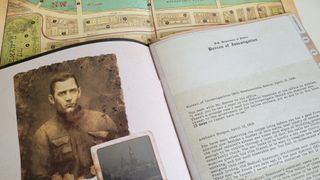
In a similar vein, Bureau of Investigation: : Investigations in Arkham & Elsewhere often poses some rather unlikely problems in the name of trying to make an engaging game. As an FBI agent you would not, in reality, have to spend time trying to work out where the local police station is; you’d either know, or your superiors would have told you. But here it’s something you have to sort out for yourself. There are examples of these kinds of improbably pedestrian puzzles littering all five scenarios, and they’re frustrating in addition to removing you from the narrative.
As such, the writing is fine. Given you’re going to spend a lot of time reading and analysing the text then, ideally, you’d want it more than 'fine', but it suffices to deliver character and atmosphere to proceedings. The publisher is French, however, and while the English translation is both passable and parsable, it contains idiosyncrasies that can make a native speaker stop and re-read. Which is perhaps not a fault in a game that rewards close reading and analysis.
Overall - should you buy Bureau of Investigation?
Whether this is a game for you or not depends on your reaction to two things. The first is the idea that it requires neither strategy nor luck, but a mixture of textual interpretation, good notes, and making conceptual links. The second is your tolerance for the mythos of arch-racist H. P. Lovecraft. Not that there’s anything problematic in this game, but many find his ideas repellent and hackneyed enough to reject anything related to them.
If neither applies to you, then, despite a few issues and a limited replay value, Bureau of Investigation is worth your time as a clever novelty.
Matt is a freelance writer specialising in board games and tabletop. With over a decade of reviews under his belt, he has racked up credits including IGN, Dicebreaker, T3, and The Guardian.
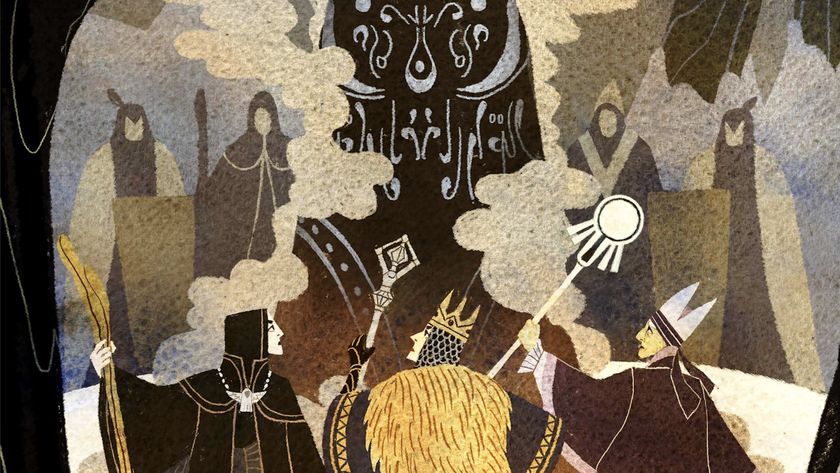
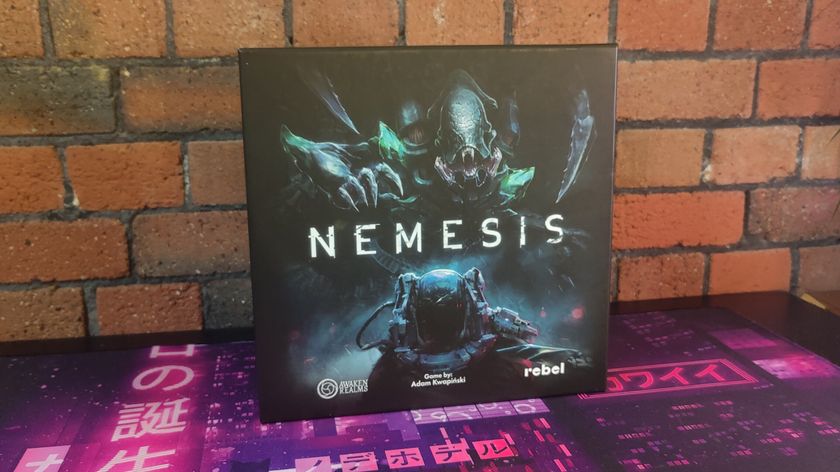
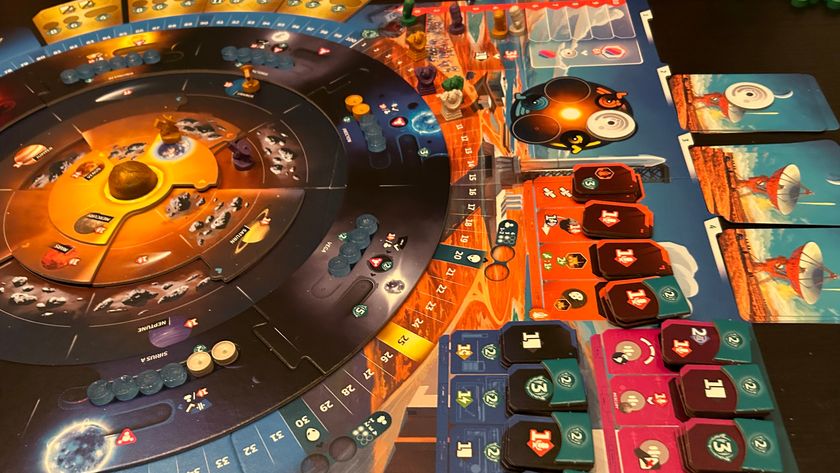


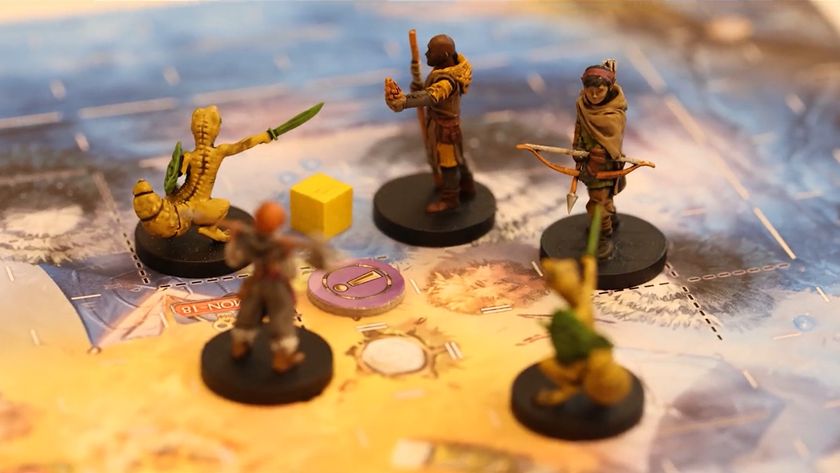
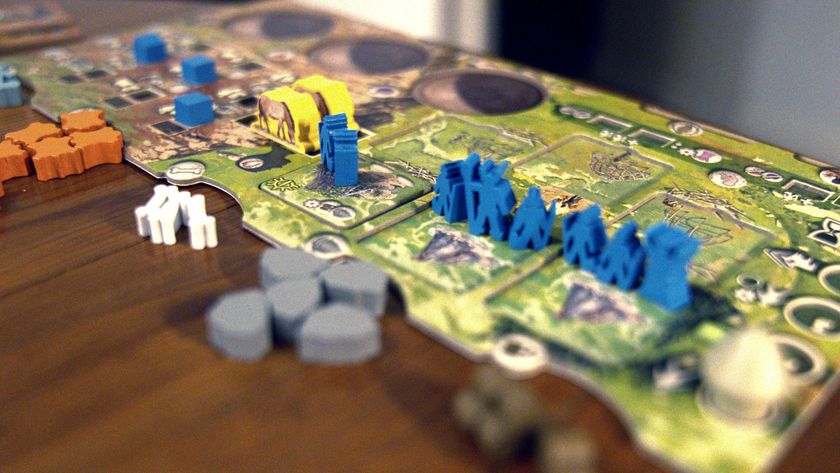

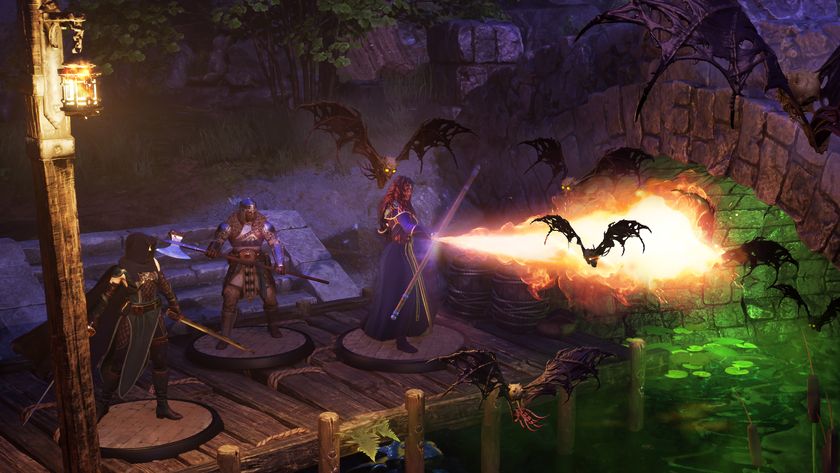

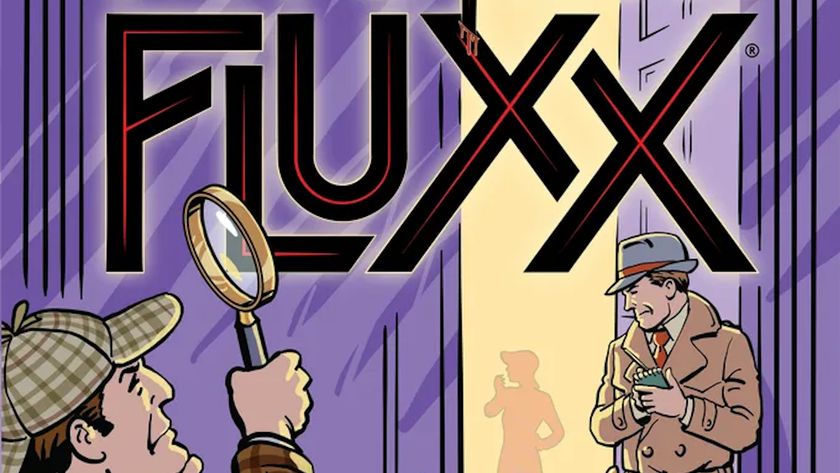


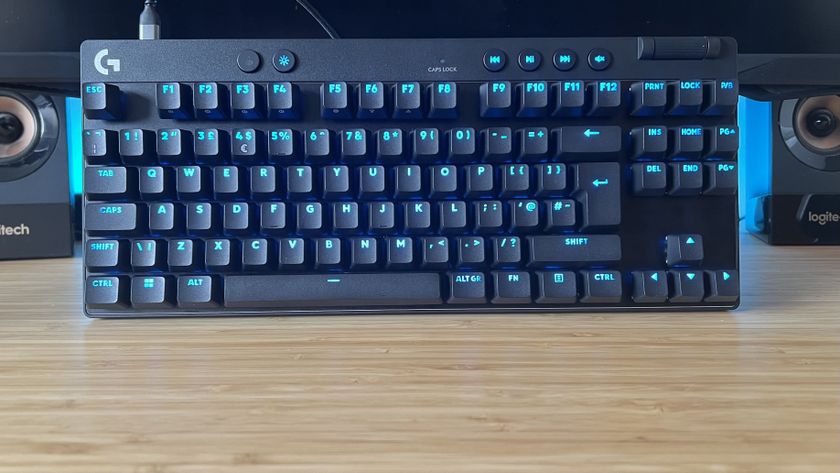


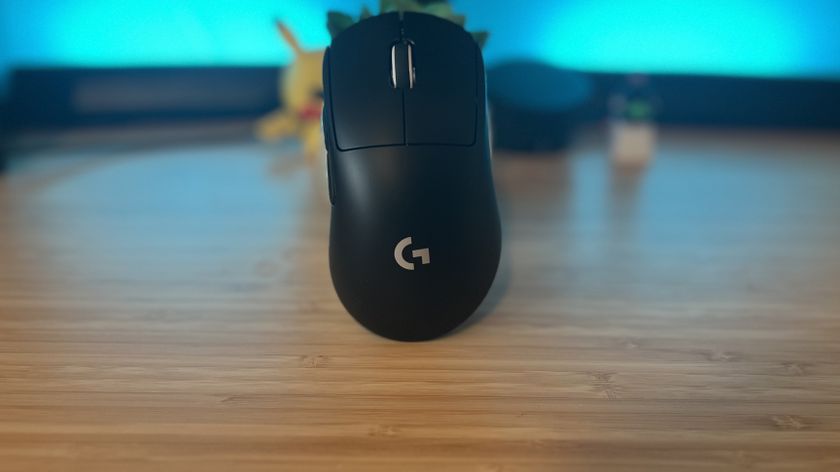
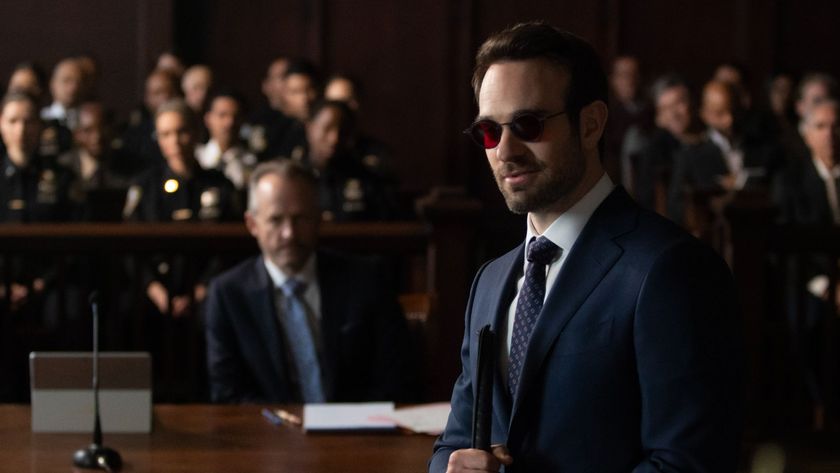

Balatro creator started "properly playing the game myself about a week before launch" and had "a pretty emotional moment" where he realized it's "actually fun"

Hideo Kojima reveals Death Stranding 2: On the Beach release date, and the Collector's Edition includes exactly what I predicted it would
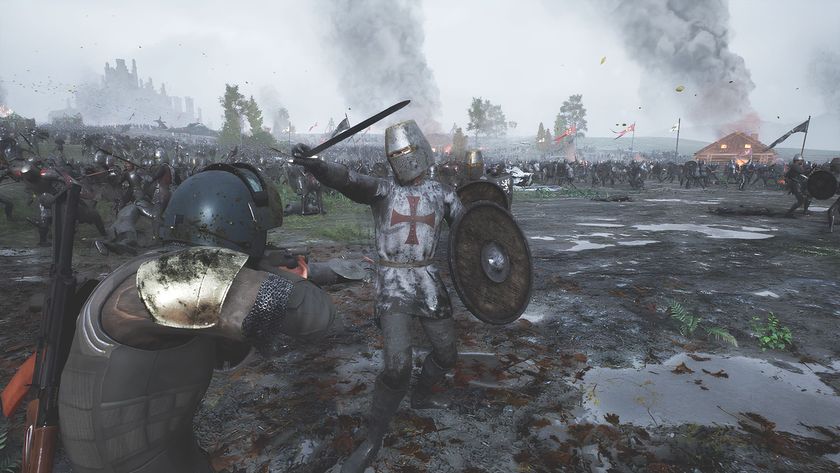
Kingmakers is a strategy game about taking on medieval armies with a gun, but its devs thought the giant mech was too much
